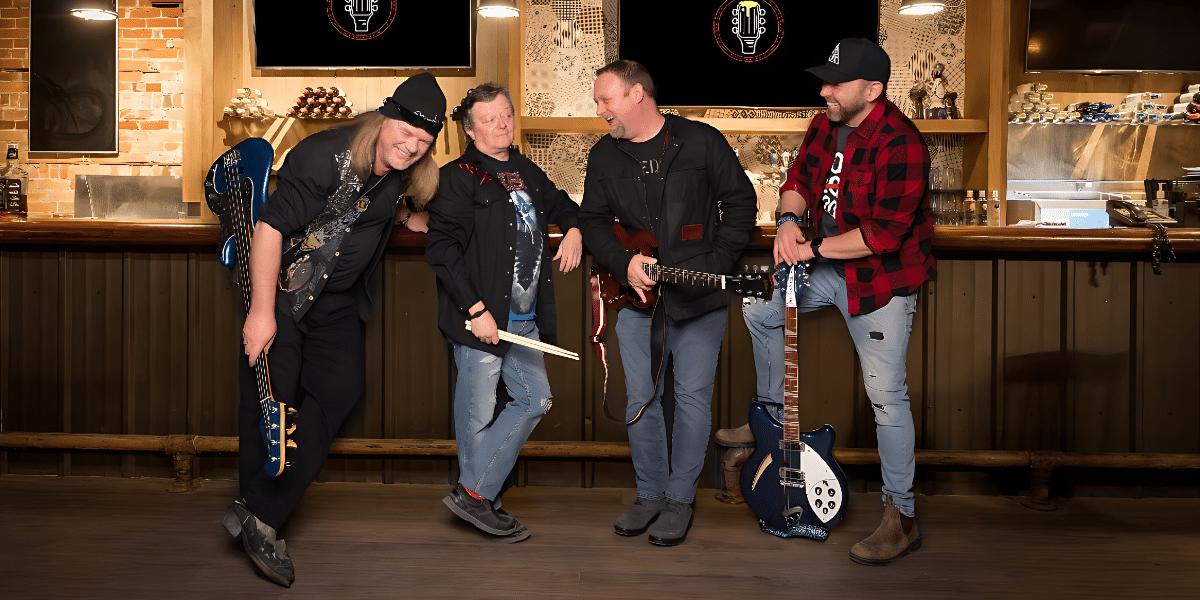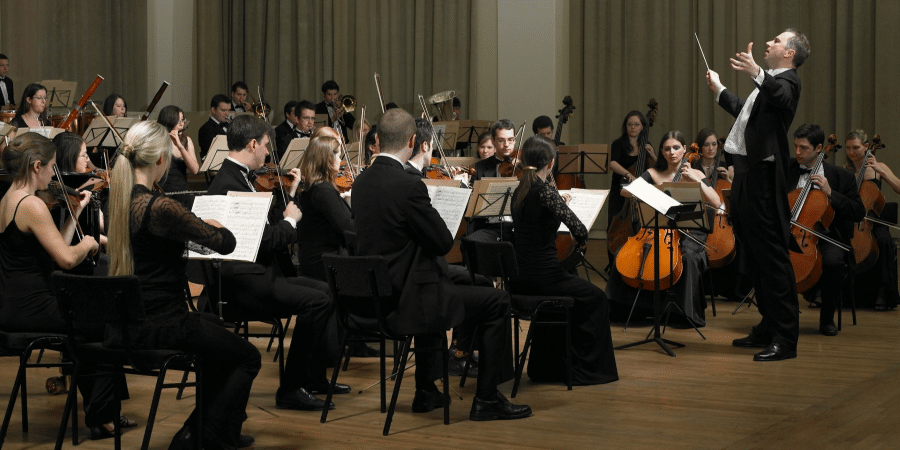The age-old question of whether lead singers should also wield musical instruments has sparked debates in the realm of music enthusiasts and industry insiders alike. Traditionally, the image of a charismatic frontperson commanding the stage has been synonymous with lead singers. However, as the boundaries of musical expectations evolve, so does the discourse surrounding the instrumental prowess of those taking center stage. This article delves into the multifaceted debate, examining the arguments both in favor and against lead singers being proficient instrumentalists.
The Vocal Emphasis: Tradition and Expectations
Historically, lead singers have been celebrated primarily for their vocal prowess and stage presence. The vocal delivery becomes the focal point, with instrumentalists providing the melodic and harmonic backdrop. This traditional model has ingrained the expectation that a lead singer’s primary skill lies in their ability to convey emotion through their voice, leaving the instrumental duties to other band members.
The Dynamic Frontperson: Captivating the Audience
Lead singers often function as the charismatic face of a band, engaging audiences with their dynamic stage presence. Advocates of this approach argue that singers who focus solely on their vocal performance can better connect with the audience, as their undivided attention is on creating a captivating and immersive live experience.
Contrarian View: A Multi-Talented Showcase
On the flip side, proponents of lead singers playing instruments contend that a multi-talented frontperson can elevate the live performance to new heights. The ability to seamlessly transition from singing to playing an instrument adds a layer of complexity and artistry. It transforms the live show into a multi-sensory experience, showcasing the lead singer’s versatility.
The Instrumental Connection: Enhancing Songwriting
Singers who play instruments possess a unique advantage in the songwriting process. The direct connection between playing an instrument and composing lyrics can result in a more cohesive and organic creative output. The symbiotic relationship between vocals and instrumentals can lead to a deeper integration of musical elements, producing compositions that resonate on a profound level.
Contrarian View: Specialization for Artistic Depth
Conversely, there is an argument for specialization in the artistic process. Musicians who solely focus on their instrument or vocals can achieve a higher level of expertise in their respective fields. By allowing each band member to specialize, a harmonious collaboration emerges, with each member contributing their mastery to create a unified musical tapestry.
Striking a Balance
In navigating this debate, the key lies in striking a balance that aligns with the artistic vision of the band. While some artists seamlessly blend vocal and instrumental prowess, others find their creative synergy by focusing on specialization. Ultimately, the decision rests on the artistic goals and preferences of the musicians involved.
Conclusion
The question of whether lead singers should be proficient instrumentalists is a nuanced exploration of tradition, expectations, and artistic expression. As the music landscape continues to evolve, so too will the roles and expectations placed on those in the spotlight. Whether embracing the dynamic frontperson model or advocating for specialization, the essence of musical innovation lies in the hands of the artists themselves, shaping a narrative that resonates with both tradition and the ever-changing currents of creative exploration.
















